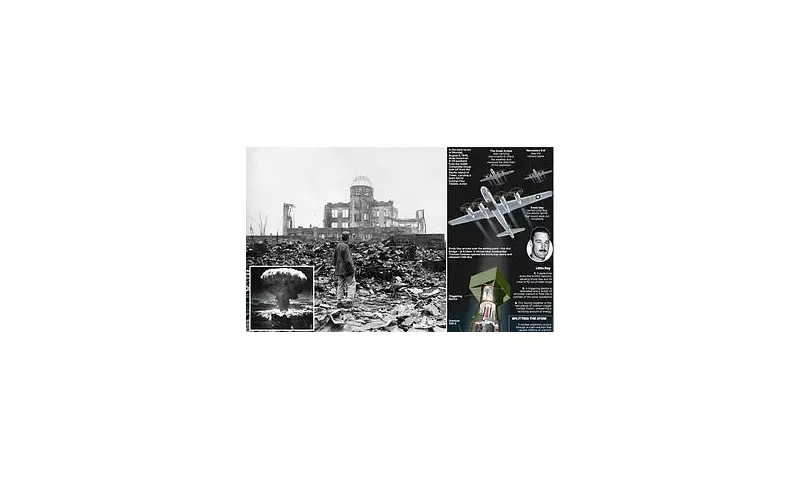
Eighty years have passed since the atomic bomb devastated Hiroshima, yet the scars of that fateful day remain etched in history. Historian Iain MacGregor delves into the harrowing events of August 6, 1945, offering a poignant reflection on one of the darkest chapters of World War II.
The Day That Changed the World
At 8:15 AM, the Enola Gay, a US B-29 bomber, dropped the uranium bomb nicknamed "Little Boy" over Hiroshima. The explosion instantly killed an estimated 80,000 people, with tens of thousands more succumbing to radiation sickness in the following months.
A Survivor's Tale
MacGregor recounts the testimonies of hibakusha—survivors who witnessed the unimaginable. "The sky turned blinding white," one survivor recalled. "People wandered like ghosts, their skin hanging in strips." These personal stories humanise the staggering statistics, revealing the true cost of nuclear warfare.
The Lingering Shadow
Even decades later, the bombing's legacy persists:
- Health impacts: Generations suffered from radiation-related illnesses.
- Political ramifications: The event reshaped global power dynamics.
- Moral debate: Historians still grapple with the ethics of the decision.
Why Remember Hiroshima?
MacGregor argues that Hiroshima serves as a crucial warning: "In an era of renewed nuclear tensions, we must confront this history to prevent its repetition." As the last survivors age, preserving their stories becomes ever more urgent.
The 80th anniversary stands as a sombre reminder—not just of war's brutality, but of humanity's capacity for both destruction and resilience.





